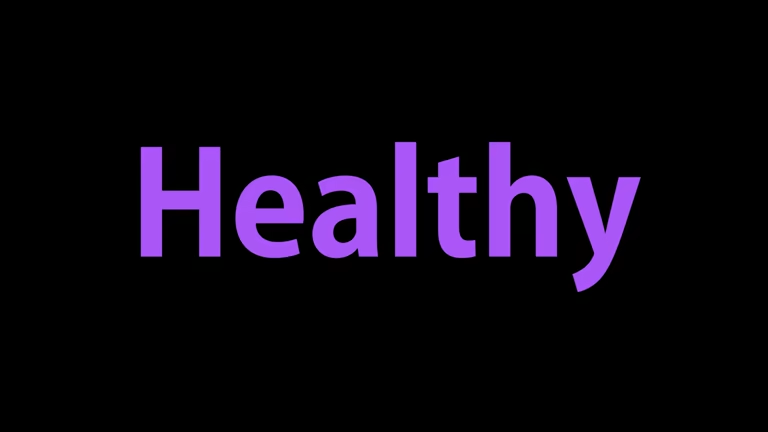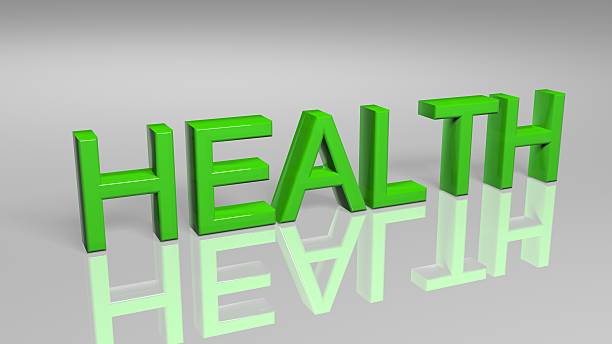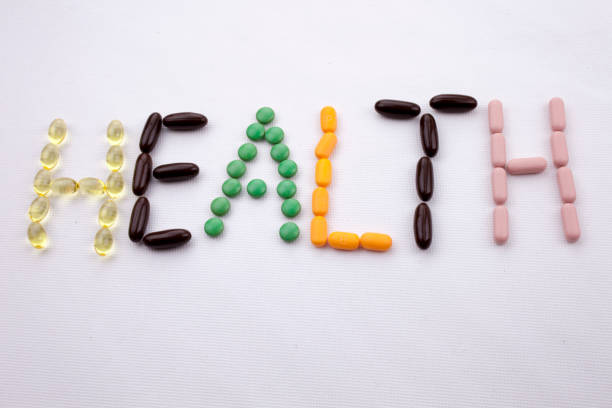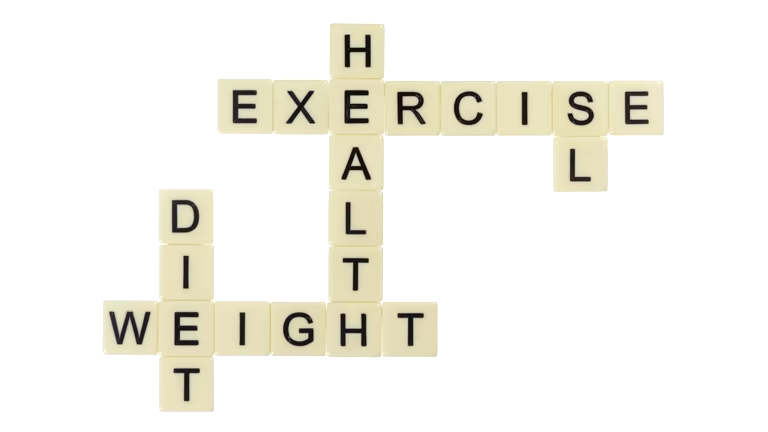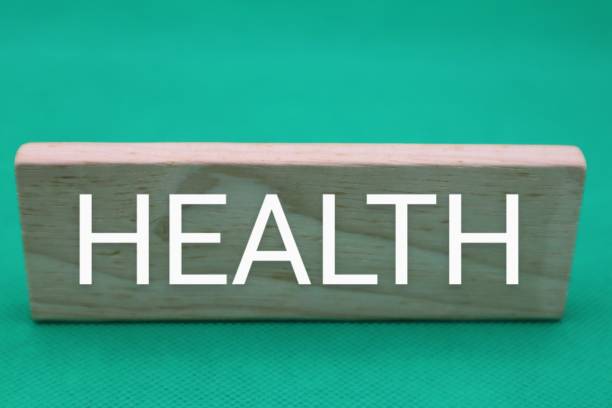The Truth About Detox Diets: What Really Works for Cleansing Your Body?
Detox diets have gained immense popularity, promising to flush out toxins, boost energy, and promote weight loss. From juice cleanses to herbal supplements, the market is flooded with detox solutions. But do these diets really work, or are they just another health fad? Let’s uncover the science behind detoxification and explore what truly helps cleanse your body.
What Are Detox Diets?
Detox diets typically involve short-term dietary changes aimed at eliminating toxins from the body. Common approaches include:
-
Juice cleanses (consuming only fruit/vegetable juices)
-
Fasting or liquid-only diets
-
Herbal teas and supplements
-
Eliminating processed foods, sugar, and caffeine
Proponents claim these methods remove harmful substances, improve digestion, and enhance overall health. But is there any scientific evidence to support these claims?
The Science Behind Detoxification
The human body is already equipped with a highly efficient detoxification system:
-
Liver – Processes toxins and converts them into waste.
-
Kidneys – Filter blood and excrete waste through urine.
-
Lungs – Expel carbon dioxide and other gases.
-
Skin – Releases toxins through sweat.
-
Digestive system – Eliminates waste via bowel movements.
Unless you have a specific medical condition (like liver disease), your body naturally detoxifies itself daily.
Do Detox Diets Actually Work?
While detox diets may lead to short-term weight loss (mostly from water loss), there is little scientific proof that they remove toxins more effectively than the body’s natural processes. Some potential downsides include:
-
Nutrient deficiencies (from extreme calorie restriction)
-
Muscle loss (due to lack of protein)
-
Fatigue and dizziness (from low energy intake)
-
Rebound weight gain (after returning to normal eating)
What Really Helps Detoxify Your Body?
Instead of extreme detox diets, focus on sustainable habits that support your body’s natural detox systems:
1. Stay Hydrated
Water helps kidneys flush out waste. Aim for at least 8-10 glasses daily.
2. Eat a Balanced, Fiber-Rich Diet
-
Fruits & vegetables (especially leafy greens, beets, and berries)
-
Whole grains (oats, quinoa, brown rice)
-
Lean proteins (fish, beans, nuts)
Fiber aids digestion and prevents toxin buildup in the gut.
3. Limit Processed Foods & Alcohol
Reduce intake of:
-
Refined sugars
-
Artificial additives
-
Excessive alcohol
4. Exercise Regularly
Sweating helps eliminate toxins, and physical activity improves circulation and lymphatic drainage.
5. Get Enough Sleep
Sleep allows the brain to clear waste products through the glymphatic system.
6. Support Liver Health
Foods like garlic, turmeric, and cruciferous vegetables (broccoli, Brussels sprouts) enhance liver function.
The Bottom Line
Detox diets may offer temporary results but are not necessary for cleansing the body. Instead of quick fixes, adopt long-term healthy habits—proper hydration, a nutrient-rich diet, regular exercise, and adequate sleep—to naturally support your body’s detoxification processes.
Before starting any extreme detox program, consult a healthcare professional to ensure it’s safe for you. True detoxification isn’t about drastic restrictions—it’s about nourishing your body the right way.
Would you like recommendations for specific detox-supporting foods or routines? Let me know in the comments!
